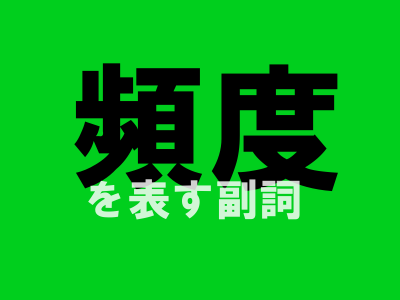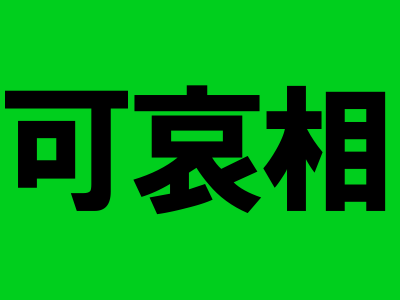I’ve found that “お勧めの********は?” is often translated as “What is your recommend ********”, which is incorrect.
As I always tell mydents, it’s important to understand what a word is (noun, verb, adjective, adverb, etc.). So today, I want to point out..
動詞 – RECOMMEND
名詞 – RECOMMENDATION
Now we know this, we can apply the correct grammar. Here are some common examples for you.
- What do you recommend?
- What dish do you recommend?
- What is your recommended dish? (受身系)
- Where do you recommend I visit in Kyoto?
- My father recommended the BLT sandwich.
- I can’t recommend her. She’s too selfish.
Now, because RECOMMENDATION is a noun, our options are few.
- What is your recommendation?
- His recommendation is to invest money in cryptocurrency.
- My best recommendation for traveling in Kyoto is to rent some electrically-assisted bicycles.









